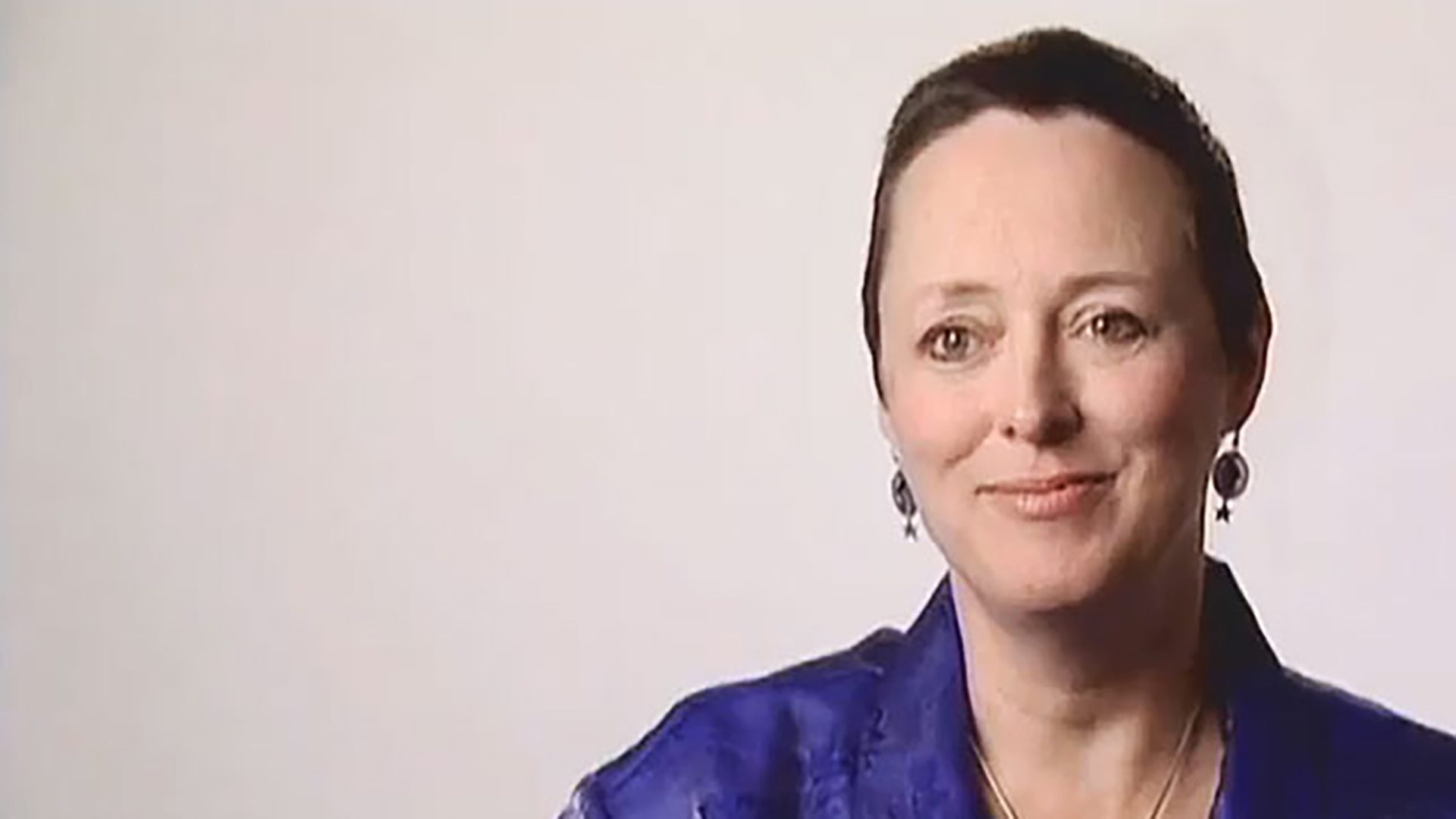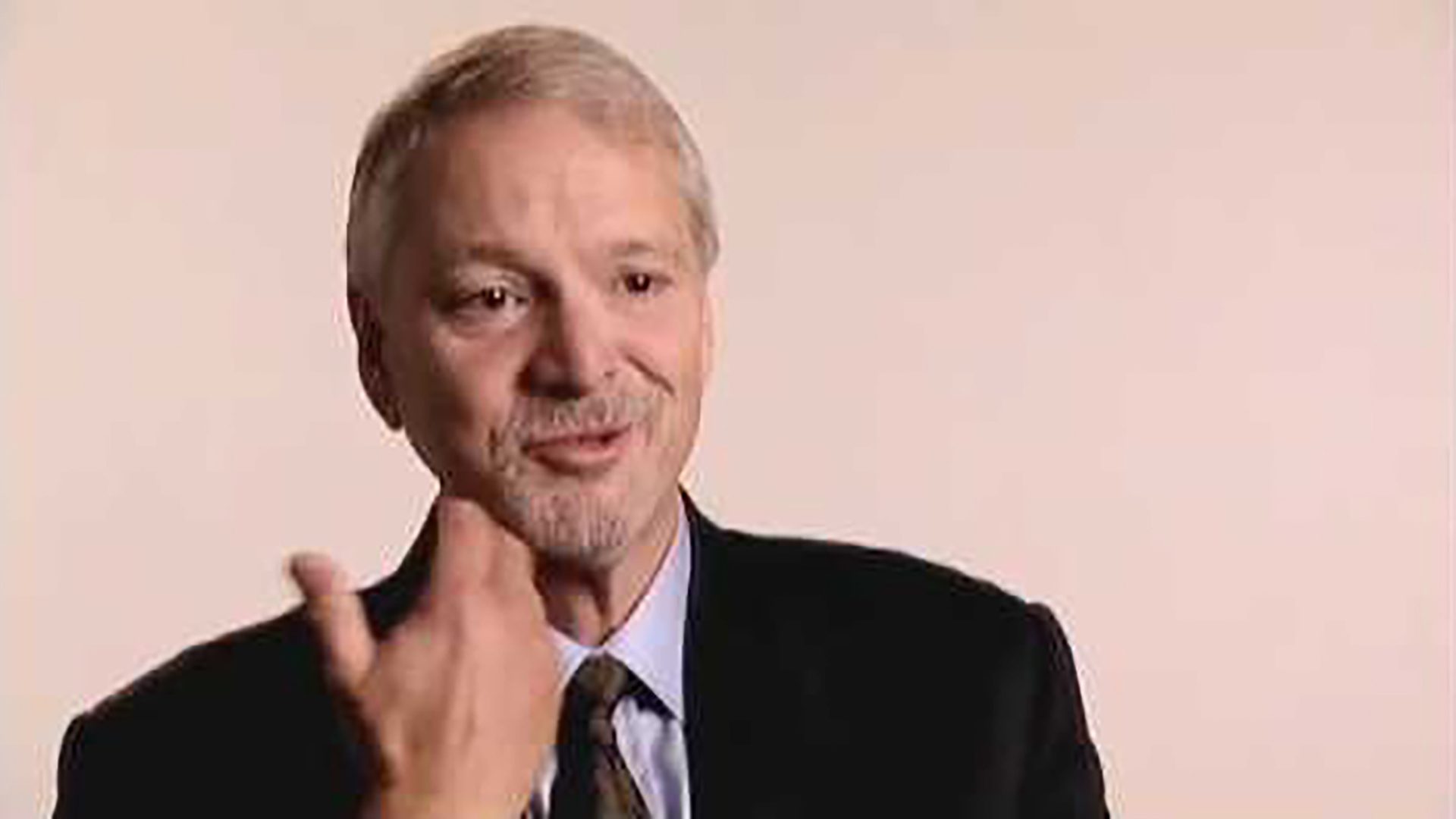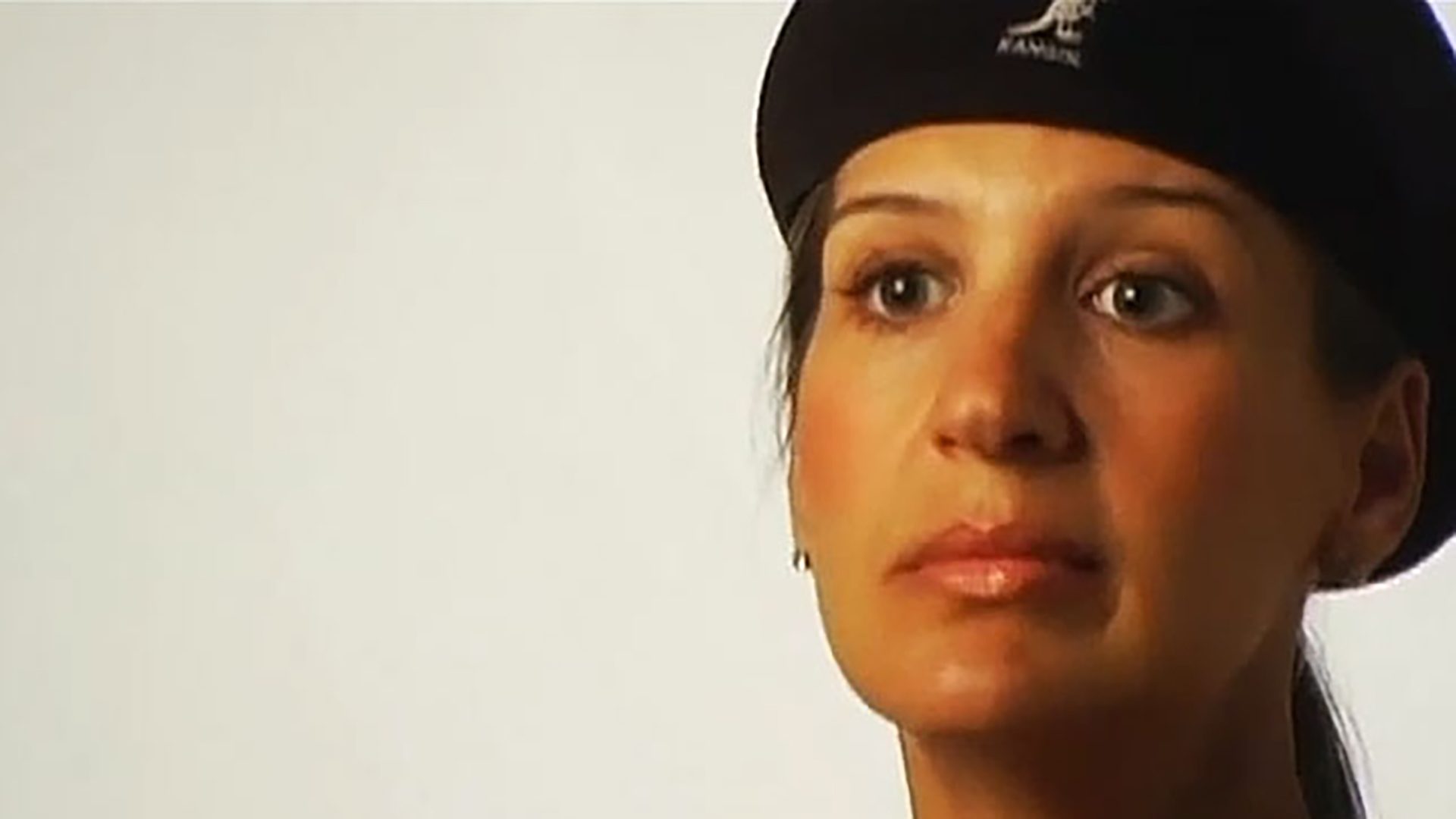Survivor Interview – Kate M.
Kate is a leukemia survivor. She discusses spirituality, and setting priorities in her life after cancer, and the help she got from oncology nurses.

It’s so shocking. It was such a bolt from the blue. I call myself the poster child of clean and healthy living, because I was doing all the right things, and then all of a sudden, I was diagnosed. I gave myself two days in which I just really cried and wailed and grieved. Then I said, “That’s all I can do right now, because I’ve got to move on. I’ve got to move through.”
Some of the physical problems that I encountered were pretty severe. I had severe mucositis. I got to the point where from my mouth all the way down my esophagus to my stomach was just absolutely raw and filled with sores, and that’s what happens with chemo. I couldn’t eat. I did develop quite an affinity for root beer floats. I recommend Hagen Daas and root beer as good medicine.
I remember the bone pain, which is pretty classic with leukemia, because it’s the cancer of the bone marrow. But also nerve pain, skin pain. My skin was just absolutely raw. And you get to a point physically with the leukemia where things like an ingrown toenail can become life threatening. A cold can become life threatening. My immune system was compromised totally for the five months that I was in the hospital, and I was in isolation. But it was compromised really for probably a year or the whole two-and-a-half years I was doing chemotherapy. I was just delicate. I couldn’t be around anybody that had a cold. And early on in the process, people had to mask and scrub like surgeons to even come into the room.
I wasn’t even so concerned about dying as I was about losing my hair. It was a huge issue. I had long, gorgeous curly hair, and it was my crowning glory. It was the way that I saw myself as beautiful. And I was Uncle Fester bald for seven months. They don’t tell you, too, that you also lose your eyebrows and your eyelashes and all of your hair. It’s really tough when the hair starts coming out, because there’s nothing that will prepare you for that. It’s a tough experience. For me, I didn’t choose to wear wigs. I think it’s great that some people do. I did scarves and hats and that can be a fun thing.
The second biggest physical loss for me was that I lost my vision in this eye completely. When my white count went to 96,000, my brain swelled, and it knocked out the optic nerve in this eye, and it never came back. So that’s been challenging. I can’t drive at night. I’m fortunate in that it still tracks and cosmetically it looks like I have an eye. It’s quite challenging for me in terms of depth perception or driving at night, which I can’t do. And I’m a musician. I can’t pour you a cup of coffee very well. My career as a waitress is over forever.
I have an edge over other patients, because my partner is a physician. We were pretty open about everything that was going on, and we did a lot of research. Have people around you who are not sick. Do a lot of research and find out as much information as possible. I always felt empowered to talk to my physicians. I had fantastic physicians that worked with me. Oncology nurses are really wonderful people, too. So they’re always a wealth of information. They are just great.
I’ve been off of chemo for a year and a half, and I am just now starting to feel like myself again. It’s taken that long. I still get really tired. I give myself permission to take time outs if I have to. I need to take naps. I get tired. And I don’t know when that will go away. I don’t take a nap every day now. I’m able to work. I tried to go into a facility and do a job for a while, and I found that I really couldn’t still physically do that and maybe not ever. So I’m working on my own. I set my own rhythms and work on my own time. And I’m fortunate that I can do that. Self-care is critical. It’s very important at any stage of being a survivor, from new diagnosis to four years later. I meditate. I do yoga. I take naps. I eat well. I just try to take good care of myself. Take lots of naps. Meditate. Do any kind of practice that really helps you to relax and center.
I had a near death experience when I was in the ICU for seven days on life support. During that time, I was visited by the spirit of the chemotherapy. She told me she was one of my spirit allies, and she gave me some ideas about how to work with it. What I ended up using were the bouts of chemotherapy as purification rituals, like sweat lodges and vision quests, which I had done as part of my spiritual journey. Each round of chemo was a vision quest for me. My HEPA-filtered hospital room that I lived in for five months when I was doing the treatments was actually my sweat lodge. My spiritual path, my spiritual journey is really what helped me get through. As a therapist, I knew that the conventional wisdom in treating cancer was, you’re gonna beat this, using war imagery, and Pac-Man eating the cells. I’m a peace-loving person, and I couldn’t do that. I think for some women that’s tough. We’re not quite geared for that fighting mode the way men are. I did a whole reframing of the cancer experience that was very helpful for me.
I wondered if I would ever work again. That was a huge issue, and I’m really just now resurfacing into the world to do my work. I’ve just completed an album of music for survivors and of my healing journey and of love songs for my family, because that was a real blessing, the healing that happened in my family. I had a lot of help from the Social Work Department at the hospital. I was at Good Samaritan Hospital in Portland, Oregon. They have a wonderful oncology floor and oncology staff. And they helped me maneuver the Social Security system so that I could get disability. I ended up having to do chemo for two-and-a-half years, and I was out of work for a long time. The disability payment helped cover my insurance.
I ended up moving back to Texas, which is home, when I saw that I was going to be doing chemo for two years, and I needed to be closer to family. And I had an insurance glitch there. That once you’ve had cancer, you can’t get insurance anymore. And I couldn’t take the insurance from Oregon to here. So I had to maneuver the system of getting into the medically uninsurable pool that Texas has through Blue Cross Blue Shield, and that was a lot of hoops to jump through and lot of logistics, and it’s really expensive, and it continues to go up. I am fortunate that I have a partner and have been well cared for, and I think that’s a tremendous blessing. And I try to pull my share of the load, so, I work as I can, but I haven’t had to support myself or children right now, so I’ve been fortunate in that regard.
My advice to a caregiver or a loved one is to ask the cancer survivor what they need. I was able to set boundaries and able to really ask for what I needed. If you are a caregiver or if you have a loved one who’s facing cancer or if you’re the one who is the cancer survivor, ask for what you want, find your voice, and tell the people around you what you need. And that can change. Let them know, “Today, I need my space. Today, I need you to be with me. Today, I need you to hold me.”
All of my life has changed. I value life in a way that I never thought possible. I always valued life. I was always on a spiritual path, but it’s so much deeper than ever before. The things that I value now are different. Career, work, and money are not so important for me. To me, it’s about loving. That’s what I saw in my near-death experience, and that’s what I remember. It’s about opening my heart to the people around me.
I think it’s very important to know that healing is a complex thing. Healing is sometimes continuing to live, it’s sometimes getting through the cancer experience, and healing is sometimes not getting through the cancer experience and dying. I think that people who die of cancer are as successful as people who live and live strong after cancer. I can honestly say from my heart that cancer has been a profound gift in my life. It’s given me great healing in my family, great healing personally, and great gifts to share. I wouldn’t trade that experience.
My name is Kate McLennan, I’m 47 years old, and I’m a four-year leukemia cancer survivor.

